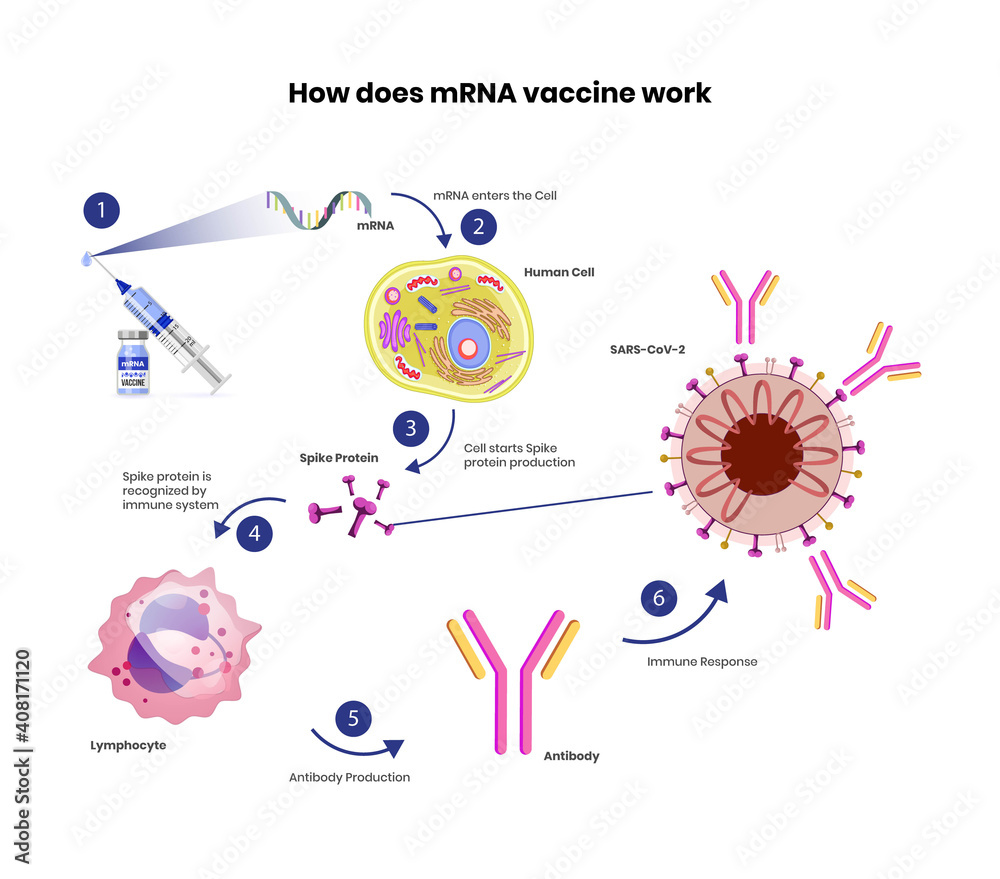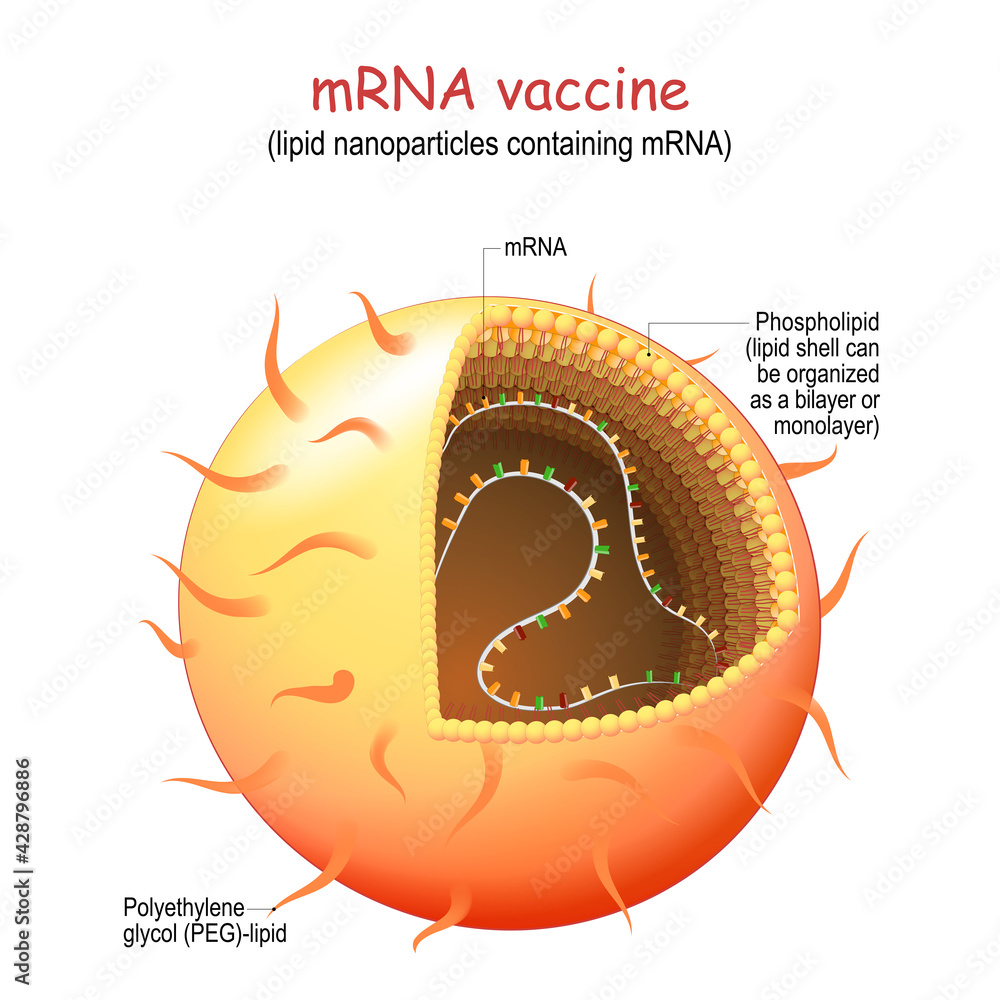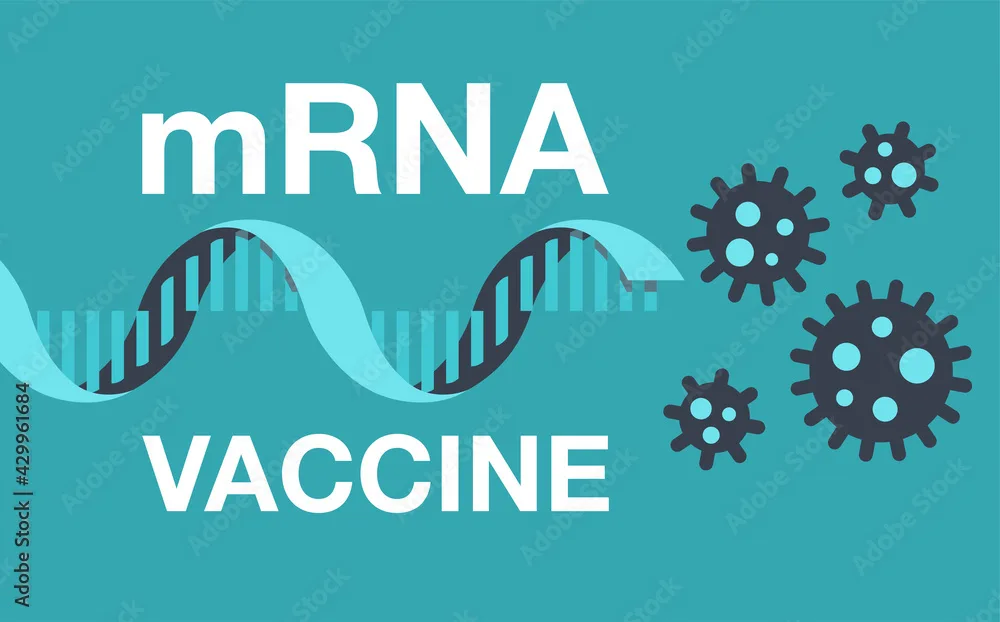The Promise of mRNA Vaccines: Revolutionizing Immunization
In the realm of immunization, a groundbreaking advancement has emerged in the form of mRNA vaccines. This article delves into the profound impact of mRNA vaccines on the field of medicine, exploring their revolutionary potential in shaping the future of immunization.
Table of Contents
- Introduction
- Understanding mRNA Vaccines
- How mRNA Vaccines Work
- Key Benefits and Advantages
- Overcoming Challenges
- The Road to COVID-19 Vaccination
- Expanding Horizons: Beyond COVID-19
- Navigating Safety Concerns
- Future Prospects and Applications
- Conclusion
Introduction
Traditional vaccine development has witnessed a paradigm shift with the advent of mRNA vaccines. These innovative tools are not only altering the landscape of immunization but also holding the promise of transforming how we combat infectious diseases.
Understanding mRNA Vaccines
mRNA (messenger RNA) vaccines represent a departure from conventional vaccines. Unlike traditional vaccines that use weakened or inactivated pathogens, mRNA vaccines rely on genetic material to stimulate an immune response.
How mRNA Vaccines Work

mRNA vaccines introduce a small piece of genetic code from the target pathogen into the body. This code instructs cells to produce a harmless spike protein characteristic of the pathogen. The immune system recognizes this protein as foreign and mounts a defense, generating immunity without exposing individuals to the actual disease.
Key Benefits and Advantages

mRNA vaccines offer several advantages, including rapid development and adaptability. Their platform can be modified swiftly to address emerging variants, a crucial feature in the face of rapidly evolving pathogens.
Overcoming Challenges
While revolutionary, mRNA vaccine technology faced skepticism and technical challenges. Issues like stability, delivery mechanisms, and long-term effects required thorough investigation.
The Road to COVID-19 Vaccination
The emergence of the COVID-19 pandemic provided a proving ground for mRNA vaccines. The rapid development and approval of COVID-19 mRNA vaccines showcased their potential to combat novel and urgent threats.
read more about Understanding Long COVID: Persistent Symptoms and Management
Expanding Horizons: Beyond COVID-19
The success of mRNA vaccines against COVID-19 has ignited interest in their application to other diseases. Researchers are exploring their potential against influenza, Zika virus, and even certain cancers.
Navigating Safety Concerns
Safety concerns are natural with any medical breakthrough. Extensive clinical trials and monitoring systems are essential to ensure the safety and efficacy of mRNA vaccines.
Future Prospects and Applications
The future of mRNA vaccines is bright. Their adaptability, speed, and potential to target a wide array of diseases make them a compelling avenue for medical research and development.
Conclusion
The emergence of mRNA vaccines signifies a pivotal moment in the history of immunization. With the ability to rapidly respond to threats, these vaccines hold the potential to revolutionize how we prevent and manage diseases, ushering in a new era of proactive health protection.
FAQs
- Q: Are mRNA vaccines safe? A: Extensive clinical trials and rigorous safety monitoring ensure the safety of mRNA vaccines.
- Is it possible to apply mRNA technology to address different medical conditions? A: Yes, researchers are exploring mRNA vaccines for various diseases beyond COVID-19.
- What sets mRNA vaccines apart from conventional vaccines in terms of their mechanism? A: mRNA vaccines use genetic material to instruct cells to produce a harmless protein from the pathogen, whereas traditional vaccines use weakened or inactivated pathogens.
- Q: Are mRNA vaccines effective against variants? A: mRNA vaccine platforms can be adapted to address emerging variants, enhancing their effectiveness.
- Q: How do mRNA vaccines stimulate an immune response? A: mRNA vaccines prompt cells to produce a specific protein from the pathogen, triggering an immune response without causing illness.





 Viesearch - The Human-curated Search Engine
Viesearch - The Human-curated Search Engine

23 Comments